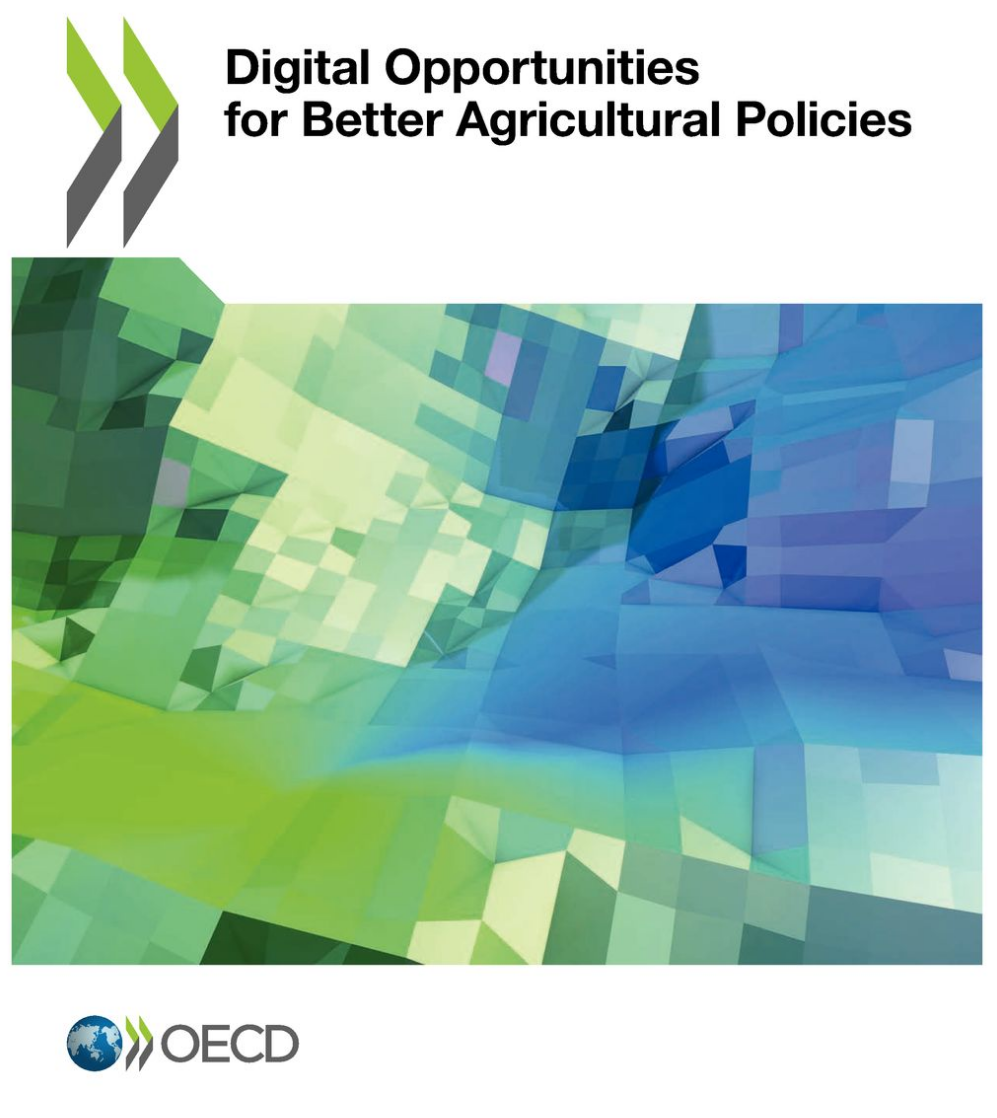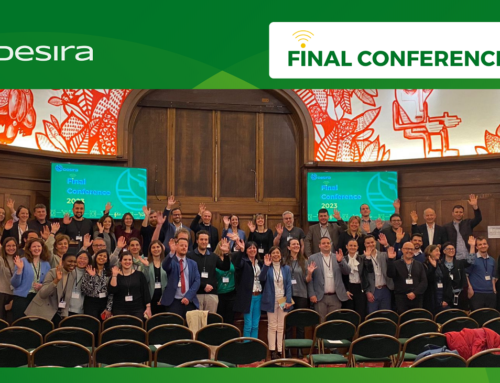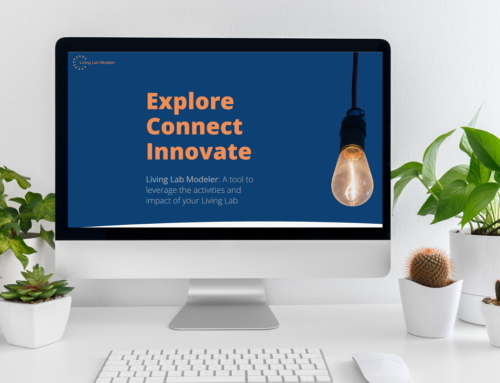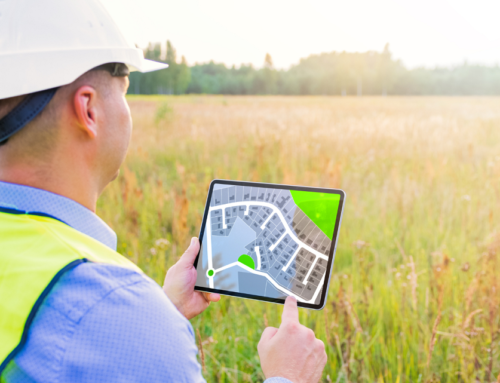Authors: Davie Philip & Oliver Moore, CULTIVATE – The Sustainable Ireland Cooperative, Ireland
‘The agriculture sector has a long history of innovating and adopting new technologies to increase productivity, manage risk and improve environmental, social and economic sustainability. The use of digital technologies and related innovation—by farmers and also by policy makers and administrators—is another step in this history, which offers new opportunities but also brings new challenges.’
A recent report by the OECD, Digital Opportunities for Better Agricultural Policies, considers how digital technologies can be used to support agricultural policies, focusing on the different stages of the policy cycle, with a particular emphasis on policies to improve agriculture.
It draws on ten case studies and unique new data gathered via an OECD questionnaire on agri-environmental policy organisations’ experiences with digital tools.
According to the report, digital innovations could provide new opportunities to deliver better policies for the agriculture sector and enable people and organisations across different sectors to work better together. Opportunities and applications in the agri-food value chain, in policy-making and in trade are all explored in some detail.
To focus on policy as an exemplar, digital technologies that can help achieve policy goals by reducing the problems caused by information gaps, information asymmetries, and incentive misalignments, all of which can contribute to increased transaction costs and limit the feasible set of policy options.
For example, in situ and remote sensors are more cost-effective, accessible and applicable than ever before, allowing for data-driven policy-making. The contribution these can make, in connection with other technologies and initiatives, mean that some or all of the following can be refined and improved: monitoring and compliance, risk management, evaluation, policy differentiation, and eventually more targeted and impactful policy-making with improved observable outcomes.
The report explores opportunities to improve current agricultural and agri-environmental policies, and to deliver new, digitally enabled and information-rich policy approaches. Practical advice on how policy-makers can address challenges and mitigate risks to ensure digital opportunities for policy are realised in practice are provided.
There are still challenges and risks, which, while not unique to the agriculture sector, are still a concern: digital technologies raise questions about privacy, interoperability, and even potential liability, all of which will need careful consideration.
A note of caution is raised that digital technologies are not a panacea – they are a means to an end, and can create new challenges. ‘The potential for these challenges to occur should be considered both up front, so that policy design can take them into account and mitigate them where possible, and during policy implementation, so that challenges can be addressed as they arise and digital tools can be refined.’
As is the case with our DESIRA project, Digital Opportunities for Better Agricultural Policies, sees both concerns and opportunities in digital technologies.






